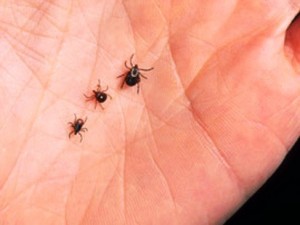The classical Greek conception of the afterlife was not a particularly attractive one.
In Homer’s universe, the vast majority of the dead — those not singled out by the gods for special treatment — did not wake up in some bright city of jasper and chalcedony. There were no beautiful houris, no songs, no drinking with old comrades, no dancing in fields of asphodel. Death meant a transition from the daylight world to a gray twilight, a cavern of ashes and dust, populated by muttering shadows. The Homeric dead retained their identities only through the living, sustained in the memories of those left behind. As those memories faded, or the people who had known them in life themselves died off, the dead reflected that loss, becoming more and more vague, insubstantial, losing all individual selfhood. The one thing that could provide a moment’s respite in this slide into oblivion was blood. The blood of the living, freely given, would restore a shade’s identity and memory, at least for a short time.
Pretty grim, right? We are talking about death, after all, the big D, the final darkness, the end of life, so to expect sunshine and roses and platoons of beautiful virgins does seem a bit naive.
If you’re one of those folks who believes that you will, upon the death of your body, rise up to enjoy dancing and singing and partying for all eternity with your ancestors back to Adam and Eve, I’m not here to rain on your parade. We all look for consolation where we can. What I really want you to think about, looking out at those gray multitudes in the Greek afterlife vibrating to the last fading echoes of selfhood, is the concept of identity.
* * *
(more…)






